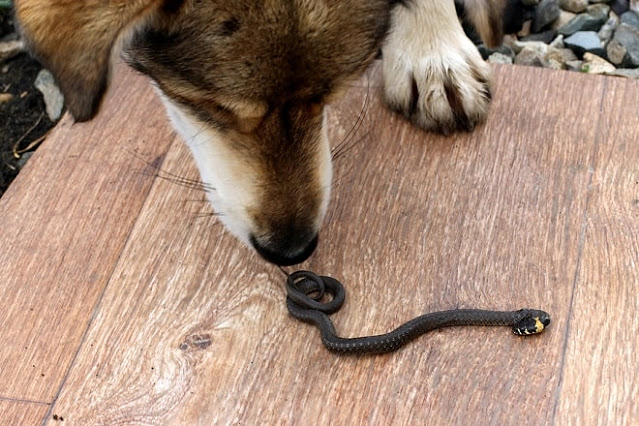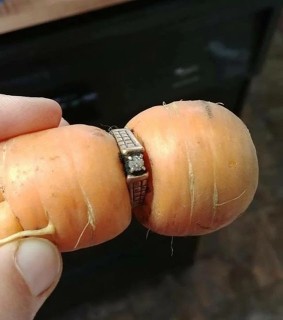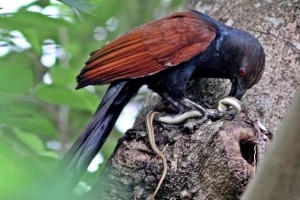What do you fear the most while living in the countryside? For many people, the answer is: snakes. So, what are the ways to prevent snakes from entering your house? The following article from Veque will provide detailed guidance!

Snakes are cold-blooded animals, so they need warm places to live, spots to bask in the sun for warmth, and cool areas to hide when it’s too sunny or to avoid rain (which is why snakes often come into homes during the rainy season).
Snakes cannot see in full color like we do; they can only perceive shapes in monochrome, and some species can see the body heat of their prey. Their eyesight is very poor. They track their prey by using their tongues, which act like radar to pick up scent molecules left by the prey. That’s why you often see snakes flicking their tongues.
Snakes are generally timid creatures; they always avoid humans and larger animals and will not attack unless provoked, stepped on, or cornered. However, this does not apply to king cobras or extremely large snakes like anacondas; these snakes are very aggressive and do not fear anything. If you see one, it's best to move away quickly!
Snakes typically hunt small animals such as mice, toads, and frogs. They shed their skin once a year, and after shedding, they are quite weak and need a few days to recover!
You can distinguish venomous snakes from non-venomous ones by looking at their heads: a blunt, trapezoidal head indicates a non-venomous snake, while a sharp, triangular head indicates a venomous one. When bitten, non-venomous snakes have uniform teeth, while venomous snakes have two distinct fangs.
Neurotoxic Venom: This venom attacks the nervous system, causing rapid loss of consciousness, paralysis, and can lead to death. Some well-known types include the king cobra and other cobras.
Hemotoxic Venom: This venom attacks the circulatory system, destroying red blood cells, causing blood clotting, and leading to multiple organ failure, which can also result in death. Examples include pit vipers and green pit vipers.
According to Veque's experience, planting lemongrass is effective. The truth is that if lemongrass is crushed and releases its essential oils, it will repel snakes because it affects their taste and smell. However, most people won’t continuously crush lemongrass, so planting it in clumps might not be effective, as snakes might just hide there to escape the sun. Therefore, it’s also important to regularly trim the leaves when planting lemongrass around the house.
In addition, based on the characteristics of snakes, planting strong-smelling plants such as basil, lavender, onions, and garlic can be beneficial.
Keep the Area Around Your House Clear: Avoid creating hiding spots for snakes; since they are timid and often hide in dense vegetation, maintaining an open area can help.
Sprinkle Salt Around the House: This is an effective way to keep snakes away because it will cause discomfort for them and disrupt their sense of taste.
Keeping Dogs to Guard Against Snakes: This is not a bad option, as dogs are good at hunting and scaring snakes away. Snakes are timid and will flee at the slightest disturbance. However, mixed-breed dogs and imported dogs that have not been trained may not be effective.
Keeping Cats to Prevent Snakes from Entering: Choose agile and active cats. A specific tip for selecting a cat is to lift it by the skin on its neck; if its body curls up, it’s a cat that likes to catch mice.
Conversely, if its legs and body are straight, the cat is clumsy. Cats with black noses are usually mischievous and hard to train, while those with blue eyes and white fur are gentle but slow. Cats with curled tails (like a key) are very smart and loyal, while patterned cats (with dark swirls on their fur resembling clouds) are friendly and affectionate.
Care for our Garden to Attract Birds, especially the type that hunt snakes effectively. Read more Coucal bird: Natural Enemy of Snakes.
Ý kiến bạn đọc
Những tin mới hơn
Những tin cũ hơn
 The most unique carrots in the world!
The most unique carrots in the world!
05.09.2024
 Guide to Propagating Basil Cuttings for Beginners
Guide to Propagating Basil Cuttings for Beginners
30.08.2024
 How to take care of basil plant indoors for Beginners
How to take care of basil plant indoors for Beginners
30.08.2024
 Interesting Facts About Ants
Interesting Facts About Ants
23.08.2024
 Coucal bird: Natural Enemy of Snakes
Coucal bird: Natural Enemy of Snakes
22.08.2024